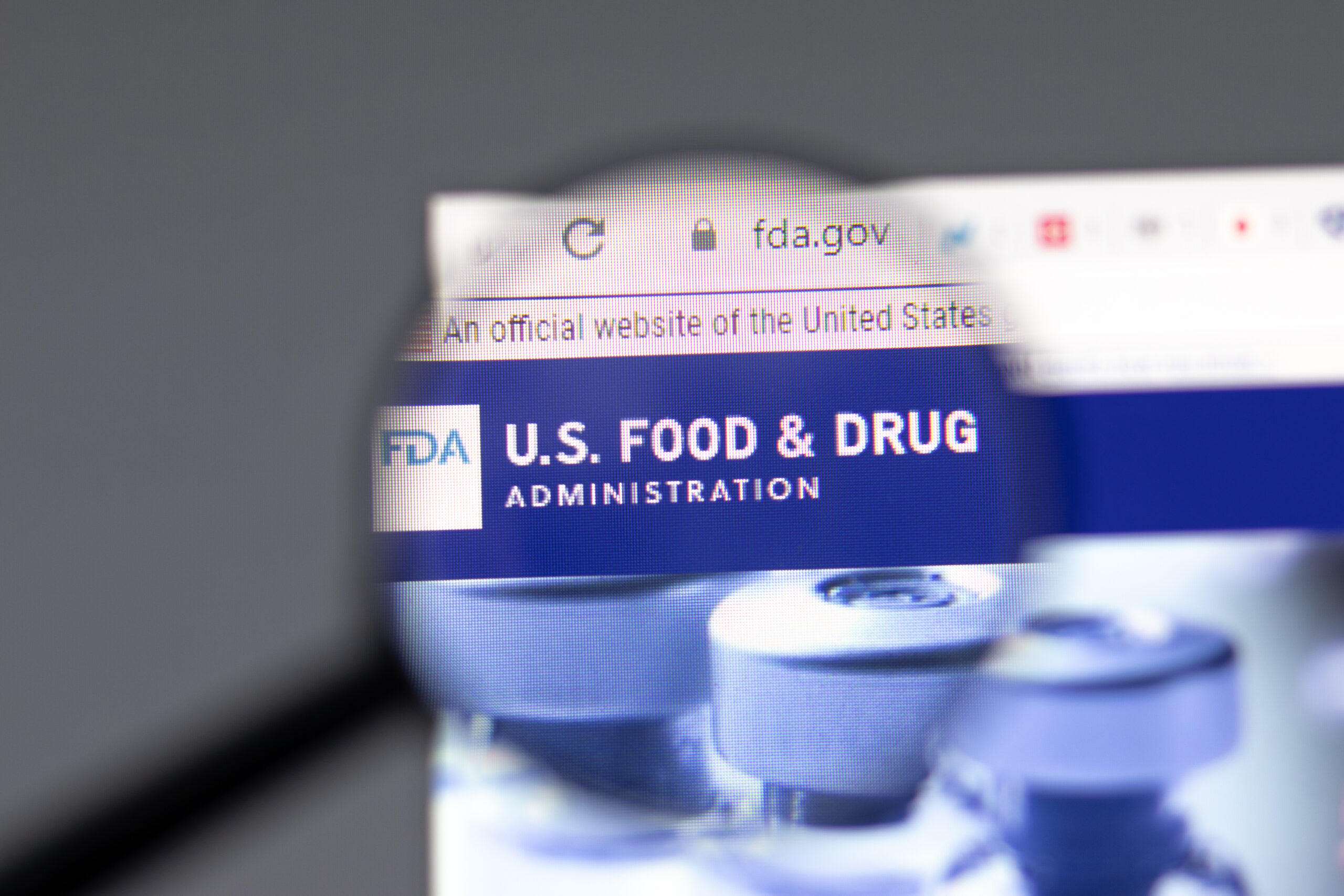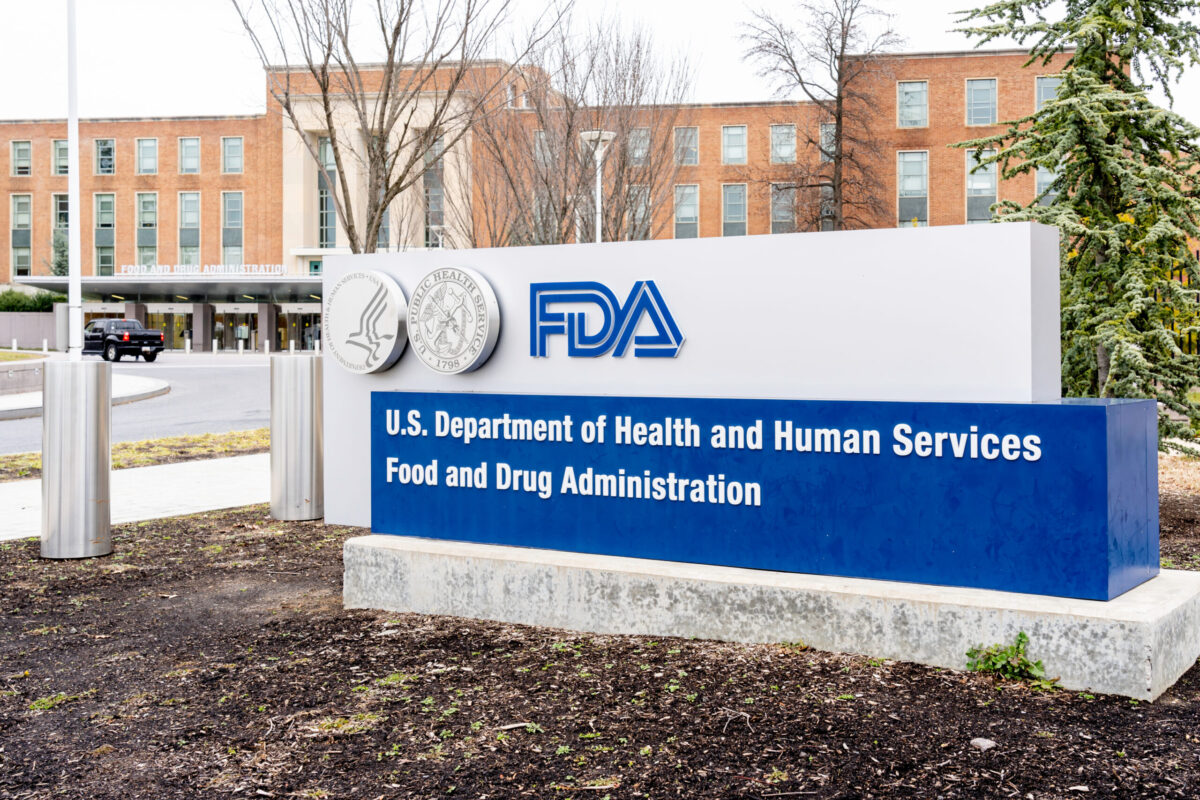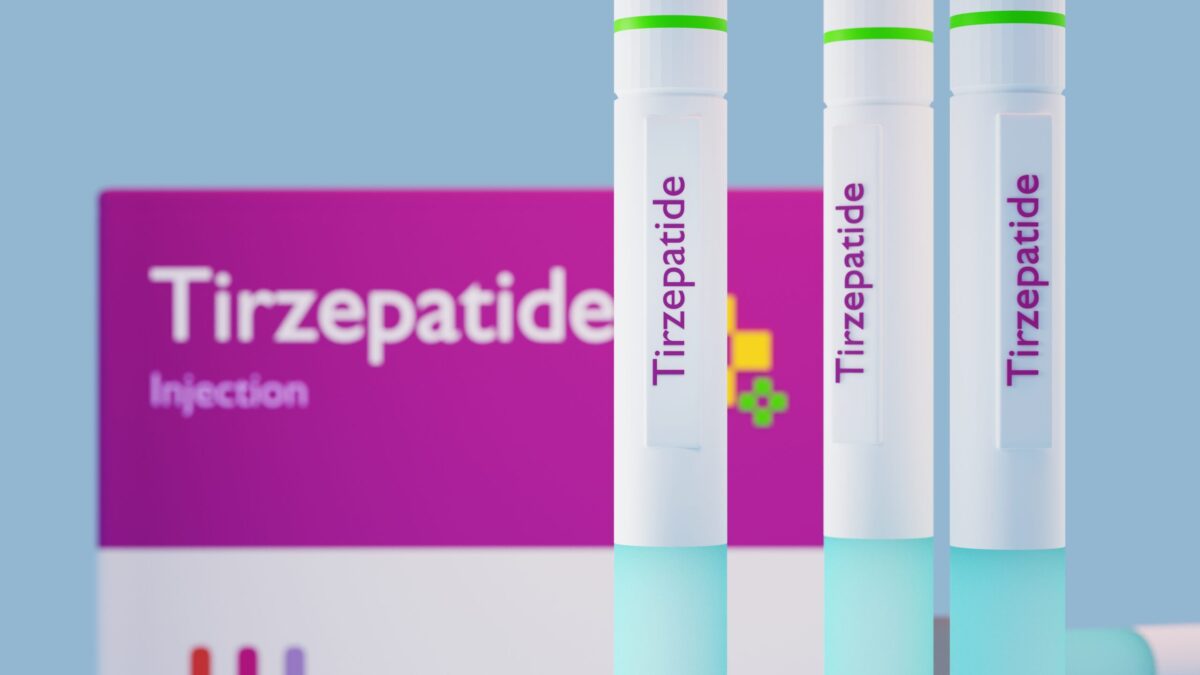Earlier this week, Teva announced that its injectable asthma drug, reslizumab, failed to meet its primary endpoint of reducing the frequency of asthma exacerbations in a Phase III clinical trial. An additional Phase III claim-support study for the subcutaneous injection in patients with oral corticosteroid-dependent asthma also missed the mark on its primary endpoint of reducing the daily corticosteroid dose.
“We are disappointed that these trials of the reslizumab formulation administered subcutaneously at a fixed-dose of 110 mg did not meet their primary endpoints,” said Dr. Tushar Shah, Senior Vice President, Specialty Clinical Development and Medical Affairs at Teva. “However, these results reinforce the role of eosinophils in severe asthma disease biology and the importance of defining the right blood eosinophil cutoff point for patient selection. We continue to see the positive impact of the intravenous formulation as a clinically effective 3mg/kg weight-based dosing option in patients with asthma and elevated blood eosinophils who are inadequately controlled on standard-of-care therapy.”
While the studies uncovered no new safety concerns for the asthma drug, the negative results don’t bode well for its further development for this indication. Still, the Israel-based pharmaceutical company says they’ll review the data before deciding what to do next.
Interestingly, a subgroup of patients in the registration study with baseline blood eosinophil count of ≥ 400/mcL did show a significant improvement in clinical asthma exacerbation risk. According to Teva, this patient population was similar to those included in late-stage trials of intravenous reslizumab, which is currently marketed under the names Cinqair and Cinqaero.
It’s been a difficult few years for Teva. In December, the company announced it would be reducing its workforce by 25 percent in an effort to save $3 billion to support restructuring efforts. While the company later announced it would delay about one third of those layoffs until 2019, after experiencing pressure from union workers, those job cuts are still necessary to help the company stay afloat.
Teva has also faced scrutiny from the US Justice Department in regards to a price-fixing probe. The multiyear investigation has been ongoing since 2016, and includes other generic drugmakers such as Mylan and Sandoz.












Join or login to leave a comment
JOIN LOGIN